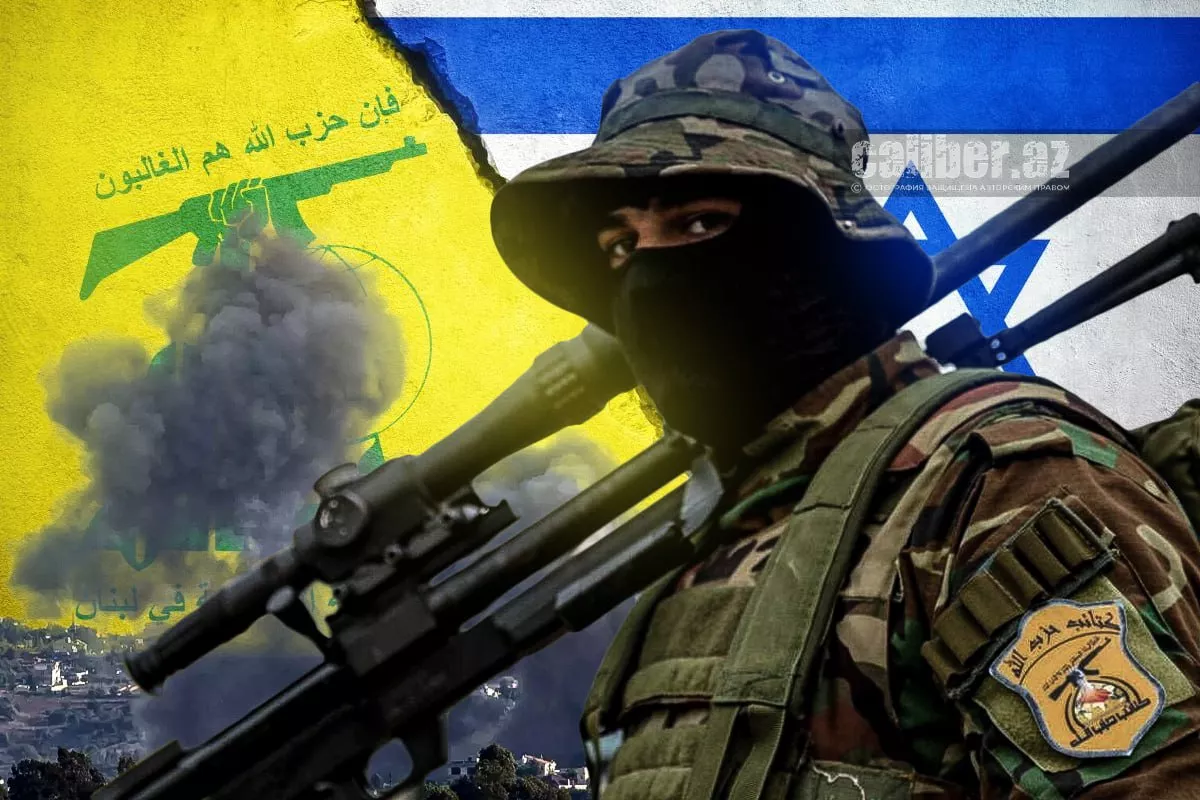Israel and Hezbollah’s mutual destruction strategy War of Attrition
In recent weeks, Israel has launched a series of devastating strikes against the military leadership of the Hezbollah group and has now begun targeting its infrastructure. According to media reports, on September 27, Israel carried out massive airstrikes on Beirut. The Israeli military stated that the target of the attack was the headquarters of the Lebanese Hezbollah command in the southern suburb of Beirut.
Hostilities between Hezbollah—a group that largely controls Lebanon—and Israel have been ongoing since October 2023. During this time, rocket fire from the group into northern Israel along the Lebanese border has created a dead zone, forcing about 60,000 Israelis to flee the area. Hezbollah, an ally of Hamas, promises to cease attacks as soon as Israel stops shelling the Gaza Strip and its efforts to eliminate Hamas militants in the area. However, Israel has a different plan. There is no letup in pressure on Hamas, but pressure on Hezbollah is intensifying.
The Israeli army, the IDF, and intelligence have organized a series of attacks against the group. According to high-ranking sources in Israeli intelligence and military circles, they have managed to nearly eliminate the military leadership of Hezbollah. Even if this is an exaggeration, experienced commanders, such as Fuad Shukr and Ibrahim Aqil—key aides to the organization's leader Hassan Nasrallah—have been killed, along with dozens of others.
Additionally, due to the sabotage of pagers and radios, dozens were killed, and around 4,000 members of the group were injured. The IDF then began mass airstrikes, destroying missile depots, headquarters, and other facilities of the organization in Southern Lebanon. According to Lebanese officials, these strikes have resulted in the deaths of 500 and injuries to about 6,000 people in recent days. According to a plan adopted by the Israeli government about two weeks ago, the aim is to further escalate strikes to eliminate Hezbollah's leadership and its missile capabilities.
In an interview with Al-Monitor, senior Israeli military officials and intelligence representatives highlighted two main objectives. First, they aim to demonstrate to Nasrallah that his attacks on Israel and support for Hamas are resulting in massive casualties, urging him to cease these assaults and withdraw his forces behind the Litani River, at least 10 kilometres from the Israeli border. This would facilitate the return of Israeli refugees to their homes. Second, they seek to establish a "deterrent capability" by instilling fear in the organization's leadership and indicating that any actions against Israel will lead to the death of decision-makers within Hezbollah.
Will the plan be fulfilled? There is no doubt that the group is suffering devastating losses. However, several experts are sceptical that this will be enough to prompt a ceasefire from Hezbollah. Amos Harel, a leading Israeli security specialist, believes that despite the damage inflicted, Hassan Nasrallah will not stop firing until Israel halts its attacks on Gaza. There are grounds for this belief.
Hezbollah is part of an alliance established by Iran, known as the "Axis of Resistance." This coalition also includes Hamas, the Yemeni Houthis, Iraqi militia from the Popular Mobilization Forces (PMF), and the regime of Bashar al-Assad. All these forces are involved in the conflict and are fighting against the US and its ally Israel for dominance in the Middle East. However, Hezbollah is the most powerful member of the coalition outside of Iran. If it were to withdraw, it could be perceived as a collapse of the alliance. Nasrallah cannot afford to lose face, Harel points out. Therefore, it is unlikely that Hezbollah will back down.

If he is correct, then Hezbollah may unleash its vast missile capabilities against northern Israel. Over the past 11 months, the group has managed to transform a 10-kilometer zone in the north of the country into a no-man’s land, firing 11,000 rockets into it. It possesses a stockpile of 150,000 missiles and drones, but in reality, this potential is nearly limitless, as both Iranian industry and underground factories established by Iranian specialists in Lebanon produce missiles and drones for the group.
Theoretically, Hezbollah is capable of doing the same to Haifa and other northern areas, where about one million people reside. This could lead to a mass exodus of one million refugees and severely undermine the Israeli economy.
In that case, public opinion in the country and certain politicians would demand a ground invasion of Lebanon, Harel believes. However, judging by the outcomes of the previous Lebanon-Israel war in 2006, this does not bode well for Israel. Hezbollah has established significant defensive forces and fortifications in southern Lebanon. There, Israeli forces would face underground cities where militants could take shelter (the IDF has been unable to eliminate similar Hamas fortifications during the 11 months of the conflict in Gaza) and terrain ideal for guerrilla warfare (hills covered with forests).
According to reports from the Israeli commission led by Eliyahu Winograd, the 2006 war was unsuccessful for Israel; the IDF suffered losses and was forced to withdraw from Southern Lebanon without eliminating Hezbollah's formations there. There are no reasons to believe this time will be different. A ground invasion of Lebanon would be a strategic mistake, while the evolving situation could lead precisely to that, Harel argues.
Azerbaijani expert Agil Rustamzade also expresses doubts about the effectiveness of such an operation. He points out that there has been considerable talk in the media about Israel launching a ground operation against Hezbollah in southern Lebanon. Yes, Israel has undertaken certain active measures (explosions of electronic devices, eliminating leaders and commanders, large-scale attacks on military infrastructure) to create conditions for a ground operation. However, it is unlikely that these efforts will be sufficient for a successful ground operation with minimal casualties.
"The south of Lebanon," Rustamzade writes, "is hilly and mountainous terrain, meticulously prepared to resist advancing enemy forces. Is the military-political leadership of Israel ready for a questionable operation that carries the risk of numerous casualties in a negative military-political context? Unlikely. But sometimes wars begin despite the odds."








